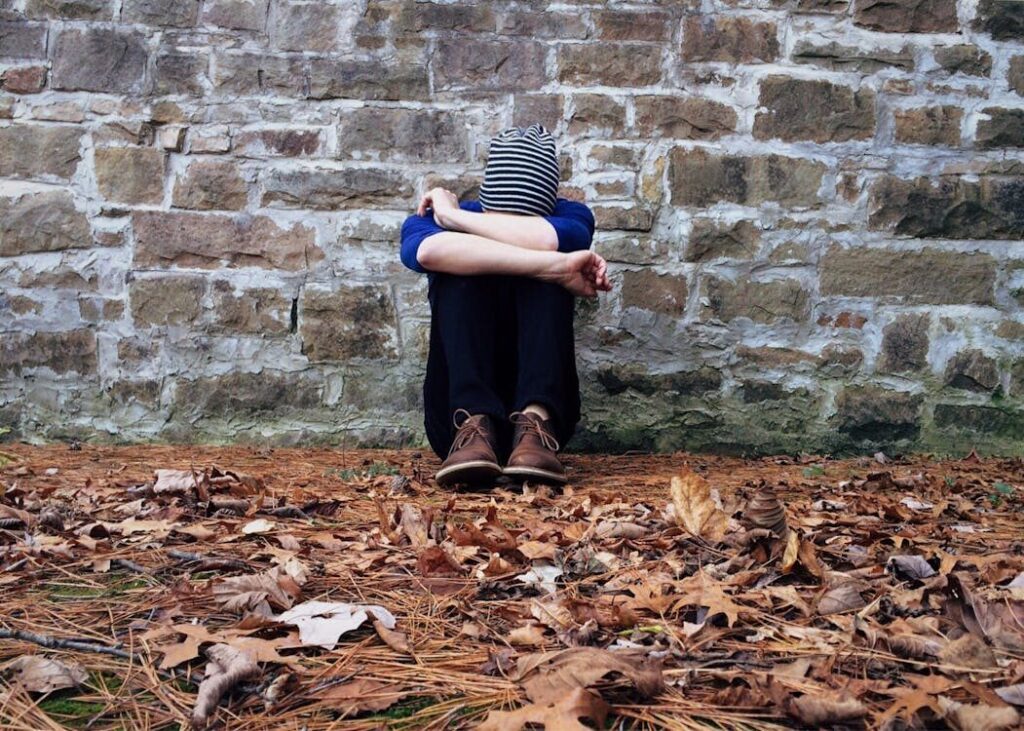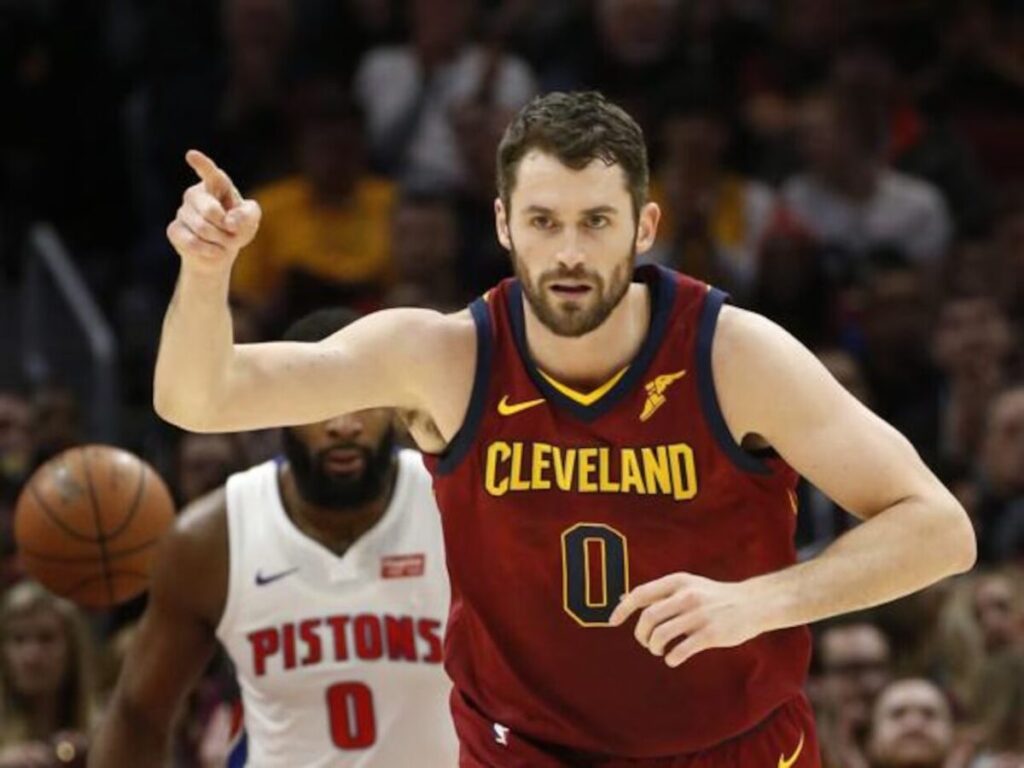Mental health issues like depression can affect anyone, including elite athletes that seem to “have it all”. In recent years, several current and former NBA players have come forward about their struggles with depression and encouraged others to seek help.
Understanding Depression in the NBA
The NBA lifestyle of intense scrutiny, high expectations, injuries, and other factors can negatively impact players’ mental well-being. Symptoms of depression they may experience include:
- Feelings of hopelessness, sadness, or loss of interest in normal activities
- Fatigue, difficulty concentrating, changes in appetite
- Suicidal thoughts or behaviors
Just like a physical injury, depression needs to be treated by mental health professionals.
However, the stigma surrounding mental illness has made it difficult for players to speak up in the past.

NBA Stars Who Have Dealt With Depression
1. DeMar DeRozan
All-Star guard DeMar DeRozan helped spark an open conversation in 2018 when he disclosed his struggles with depression to the Toronto Star.
DeRozan described experiencing sunk-in sadness, a lack of desire to play basketball, and problems sleeping during the 2016-17 season.
S/o to @DeMar_DeRozan, the man who started a dialogue in the NBA regarding mental health. He made himself vulnerable to even more criticism when he came out with depression and what did he have to say? That it made him feel empowered. #BellLetsTalk pic.twitter.com/KzLwBwDmfB
— din (@klooowry) January 28, 2021
2. Kevin Love
In 2018, Cleveland Cavaliers forward Kevin Love wrote a Player’s Tribune article detailing his anxiety and panic attacks. He described having an overwhelming sense of fear before a game in November 2017 where he abruptly left in the third quarter due to heart palpitations.
Since All Stars Kevin Love and DeMar DeRozan disclosed their own struggles with anxiety and depression, the NBA & NBPA have been busy implementing programs to help players deal with mental health issues.
— NBA TV (@NBATV) December 14, 2018
Don't miss #BeyondThePaint – Tuesday at 11pm ET on NBA TV! pic.twitter.com/fd6OSILD2D
Love had suicidal thoughts after the loss of his grandmother and other personal issues in his life. After talking to a therapist and psychiatrist, he realized bottling up emotions was unhealthy. Love says opening up about mental health issues is a way to eliminate fear and negative perceptions.

3. Royce White
Former first-round draft pick Royce White has publicly shared his generalized anxiety disorder (GAD) diagnosis since college. He describes living in a constant “fight or flight” mode with physical symptoms like nausea, dizziness, and insomnia.
White felt NBA teams and staff did not properly accommodate his mental health needs.
He stopped playing after being suspended in 2013 but has since become an advocate for better support systems in professional sports for anxiety and depression.

Other NBA Players With Depression Diagnoses
In addition, several other current and retired NBA players from different decades have described past struggles with depression, mood disorders, and mental health challenges:
- John Wall said he had suicidal thoughts and “hit rock bottom” after losing basketball due to injury issues and his mother’s death
- Larry Sanders took a leave for anxiety and depression issues in 2013 before fully retiring two years later at age 26
- Delonte West was diagnosed with bipolar disorder in 2008 after unusual behavior led to his departure from multiple teams
- Ron Artest (now Metta World Peace) was having overwhelming feelings of anger and rage before being diagnosed with depression in 2011
The Importance of Speaking Openly About Mental Health in the NBA
High-profile athletes speaking out about their depression reduces stigma and encourages others to get support instead of silently struggling. According to Love, NBA players opening up has “saved lives” by empowering others.
One study on fan reactions to athletes’ mental health disclosures found sports fans expressed more positive attitudes about mental health issues afterward. NBA personnel being transparent about their challenges with depression makes seeking treatment more acceptable.
With better awareness and compassion around mental illness, current players will hopefully feel more comfortable prioritizing their mental well-being. After all, taking care of emotional health is vital for enjoying life and thriving on and off the court.
Sources:
www.sportskeeda.com/basketball/5-nba-players-faced-mental-health-problems-careers-featuring-demar-derozan-kevin-love
www.nbcsports.com/nba/news/john-wall-opens-up-about-depression-suicidal-thoughts-seeking-help





